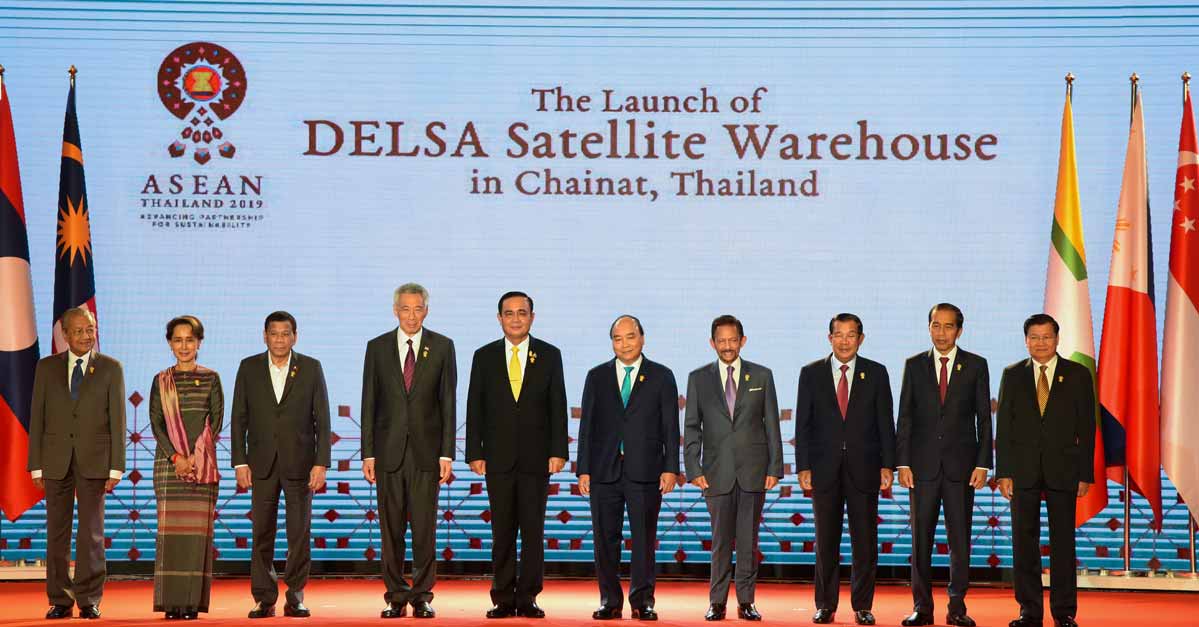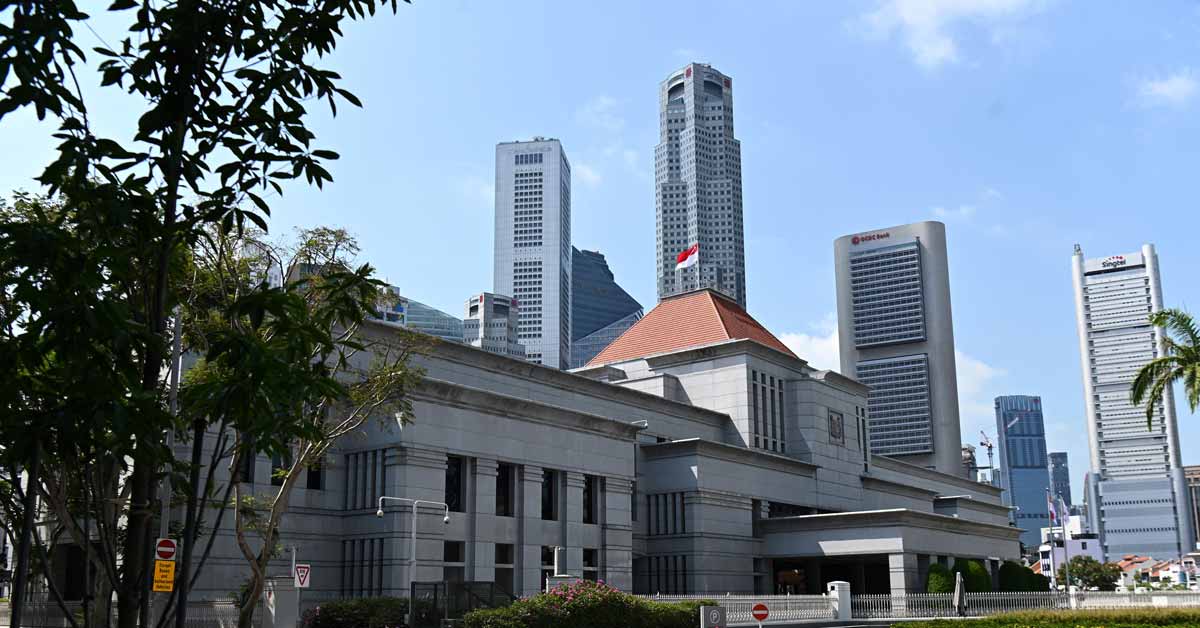2019 proved to be a tumultuous year for the region. Some ASEAN countries faced major challenges. For example, Indonesia was, yet again, struck by disasters multiple times. But it was also a time when several countries were navigating their respective democratic paths. While Indonesia saw its President Joko Widodo hold office for his second term, Thailand too had its first (long-awaited) election since the military coupe in 2014, seeing Prayut Chan-o-cha earn his position as a legitimate prime minister as opposed to one who seized power. Philippines also saw a midterm election take place.
Meanwhile, Myanmar saw its State Counsellor Aung San Suu Kyi attend a hearing in a case filed by Gambia against Myanmar at the International Court of Justice in The Hague, Netherlands over claims of genocide towards the Rohingya. Indonesia, on the other hand, saw several protests from Prabowo Subianto supporters, to Papua New Guineans, to students. Thailand is also going to see a rally between anti-government and pro-government supporters soon that will be taking place about 11 kilometres from each other concurrently.
As a region, ASEAN has undeniably grown in importance. Southeast Asia is quickly establishing itself as an Industry 4.0 hub. Geopolitically, it has become a valuable site of contention with major powers such as the United States (US) and China looking to establish their influence over the region.
2020 will be an interesting year and start of a new decade as many of 2019’s issues will enter the new year. In this two-parter, The ASEAN Post takes a look at some of the major issues that could define the region in 2020.

Trade
In 2018, in response to United States (US) President Donald Trump’s more insular policies, ASEAN proposed a trade agreement of its own: The Regional Comprehensive Economic Partnership (RCEP).
If the RCEP does go through, it will be one of the biggest trade deals in history as it will encompass 25 percent of global gross domestic product (GDP), 45 percent of the total population, 30 percent of global income and 30 percent global trade. Other countries involved in this trade agreement are India, China, Japan, South Korea, Australia and New Zealand. But passing the agreement has been a challenge on its own.
In 2018, ASEAN and the countries involved missed its fourth deadline to sign the deal despite having negotiations for more than a year. It was reported in November last year, however, that Southeast Asian countries are committed to signing the mega Asia Pacific trade pact in 2020.
ASEAN Secretary-General Lim Jock Hoi had also said that ASEAN leaders, together with their counterparts from the five RCEP participating countries had agree to push forward and sign the trade pact in 2020.

Politics
While this year’s political scene will not be as large as last year’s – which saw two general elections – there are still several interesting things to look out for as far as the region’s political scenario goes.
The first is that observers believe Singapore will be holding its parliamentary election this year. According to the Constitution of Singapore, the next Parliamentary General Elections (18th General Election in Singapore and the 13th since independence) should take place before 15 April 2021. However, the political developments in the country indicate that elections will take place around the first quarter of 2020.
Members of two opposition parties, the Workers’ Party (WP) and the Singapore Democratic Party (SDP) said in separate social media posts that they had participated in briefings at the Elections Department on 13 December. The briefings pertained to a review of the new voting equipment and online services that will be employed in the next general elections. Another major development that provides an indication for elections to be held soon is the formation of Electoral Boundaries Review Committee (EBRC) in August 2019. The Electoral Boundaries Review Committee (EBRC) normally publishes an updated list of electoral divisions just before elections are called.
Meanwhile, over in Thailand, things have brewed between current Prime Minister Prayut Chan-o-cha and Future Forward Party leader Thanathorn Jungroongruangkit. Two different rallies on opposing sides is set to take place on 12 January. Meanwhile, a poll has pitted Thanathorn as Thai’s favourite choice for prime minister while Prayut was placed a distant second.
Over in Myanmnar, State Counsellor Aung San Suu Kyi is facing a case filed by Gambia against Myanmar at the International Court of Justice in The Hague. The development of this case will be important as its outcome, whatever it may be, will affect the region as a whole.
Speaking of Myanmar, the country is also expected to hold a general election this year.
Related articles:
